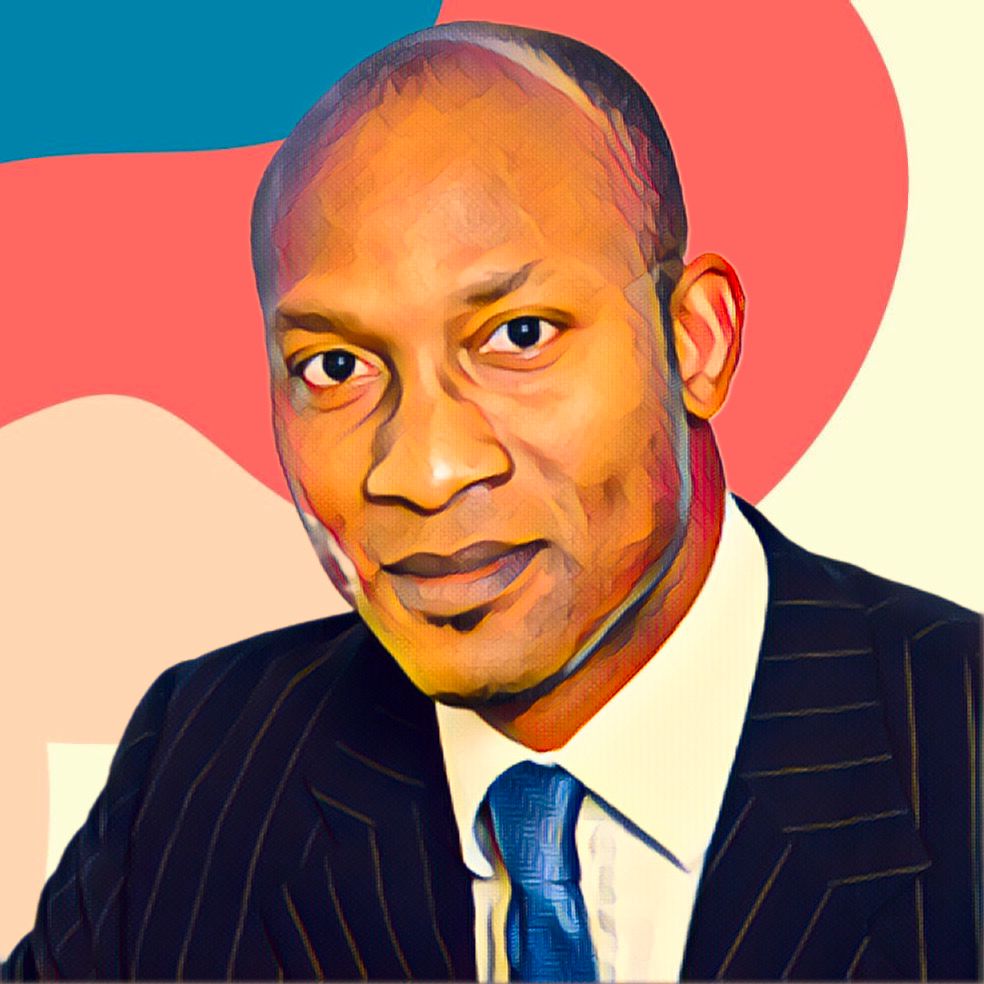KEY POINTS
-
The Helios Axxela exit marks a decade of investment in Nigeria’s gas sector.
-
Helios has sold a 75 percent stake as part of its Axxela exit strategy.
-
Global investors have shown increased interest due to the Helios Axxela exit.
One of the biggest privately backed gas infrastructure companies in West Africa, Axxela, is the target of a complete exit by Helios Investment Partners, a UK-based private equity firm run by Nigerian businessman Temitope Lawani.
Helios Axxela exit
In order to potentially end its nearly ten-year participation in Nigeria’s natural gas distribution industry, the company has decided to sell its remaining seventy-five percent interest. In a recent interview, Lawani acknowledged the impending divestment, stressing that it is not a performance issue but rather a change in capital allocation objectives.
“We signed an agreement to sell one of our businesses in Nigeria, a very large business for a meaningful amount of capital,” Lawani said. He stated that the asset is still in the gas infrastructure and energy transition space, but he would not name the buyer. We have decided to stop investing in that industry for strategic reasons. But we take great pride in that investment. We produced a true champion.
Originally called Oando Gas and Power, Axxela was founded in 2001 and became a separate business in 2004. In December 2016, Helios purchased the bulk of the company, and in 2017, it changed its name to Axxela. In 2019, Helios acquired the final 25% of Oando, assuming complete control. The company sold a quarter of its ownership to Sojitz Corp., a Tokyo-listed investment firm, in 2022. This was Sojitz’s first equity investment in Africa and a symbol of the growing interest in Nigeria’s gas market on a global scale.
Implications of Helios Axxela exit
Today, Axxela manages more than 360 kilometers of pipelines throughout Lagos, Sagamu, and Port Harcourt through its subsidiaries, Gaslink Nigeria, Gas Network Services, Transit Gas Nigeria, and Central Horizon Gas.
According to Billionaires. Africa, Lawani and Babatunde Soyoye founded Helios in 2004, and since then, it has developed into one of Africa’s top investment firms, overseeing $3 billion in consumer platforms, telecom infrastructure, financial services, and energy. Because its staff is spread across London, Paris, Lagos, and Nairobi, partners are able to keep up strong ties with regional operators.
With an eye toward Africa’s sports and entertainment industry, which is expected to reach $20 billion by 2035, Helios obtained $50 million in equity capital from IFC and Proparco in July. In 2024, the company also paid about $40 million to acquire a 49 percent share in Raya Foods, increasing its presence in Africa’s developing food supply chain.
Lawani presented the divestment as a strategic realignment, pointing out that although Helios will withdraw from gas infrastructure, the company’s history of fostering enterprise and drawing in international investment.


